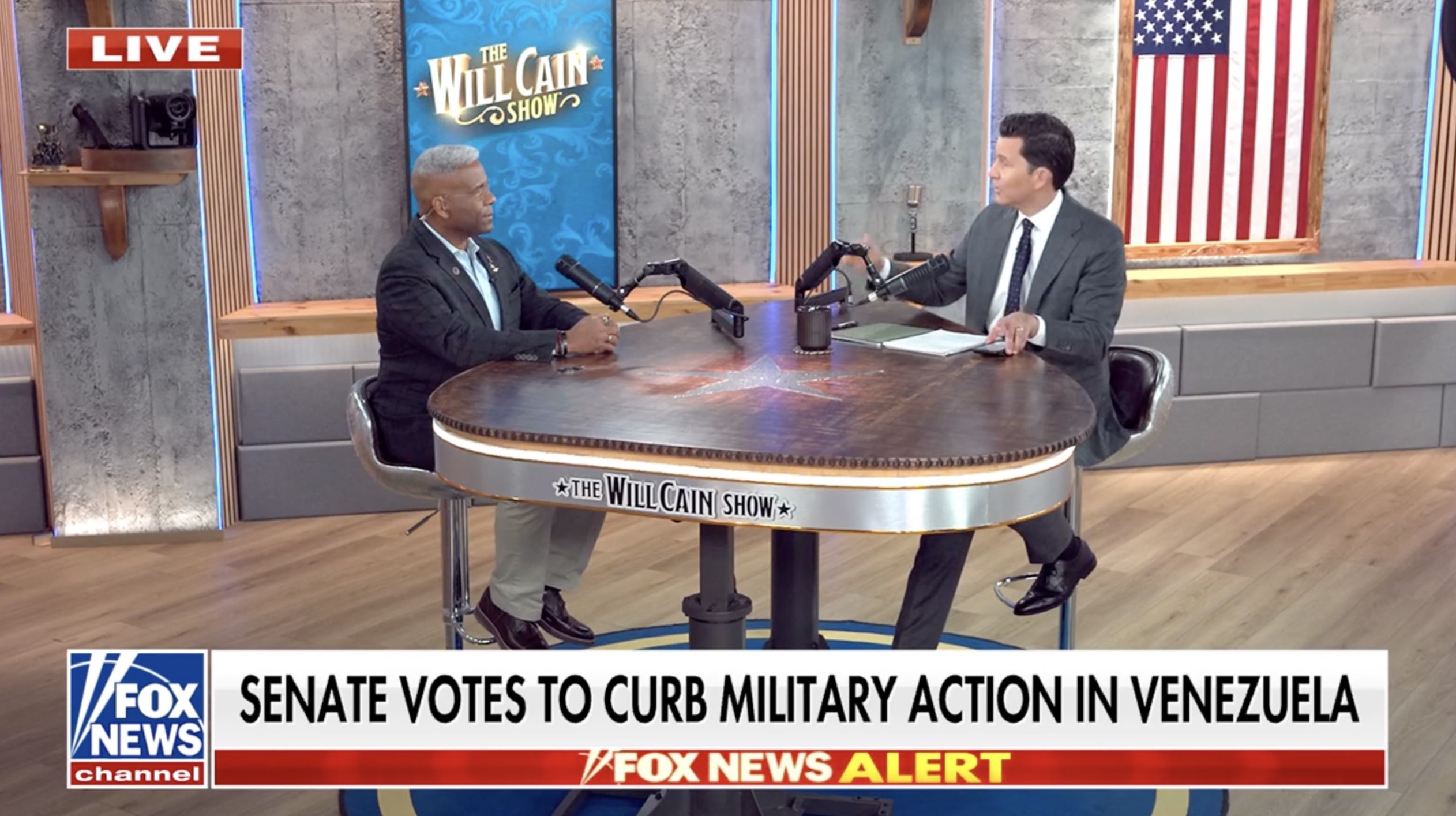On July 2, the U.S. Supreme Court denied certiorari in the case of Price v. City of Chicago, although Justice Thomas would have granted the petition. The American Constitutional Rights Union, joined by Students for Life in America, filed an amicus brief in support of the Petitioners, who were challenging the constitutionality of a Chicago ordinance limiting the speech rights of anti-abortion protesters. The ordinance prohibited speakers within 50 feet of an abortion center or other medical facility from approaching another individual without that person’s consent “for the purpose of passing a leaflet or handbill, displaying a sign to, or engaging in oral protest, education, or counseling.” That ordinance is based on one the Supreme Court approved in its 2000 decision in Hill v. Colorado.
Hill was not only roundly criticized after it was released, it has not aged well. The Supreme Court has refined its treatment of ordinances that discriminate by limiting speech based on its content or its viewpoint. As Judge Diane Sykes pointed out in the Seventh Circuit’s decision which was the subject of the Petition, one must consider the content of speech to “distinguish between a sidewalk counselor (illegal) and a panhandler, a pollster, or a passerby who asks for the time (all legal).” In addition, the Court found a similar Massachusetts law unconstitutional because it was not narrowly tailored because Massachusetts had other tools available to keep the peace and insure access to medical facilities.
The Court had ways of addressing the unconstitutional limitations on speech imposed by the Chicago ordinance, but chose not to use them.



